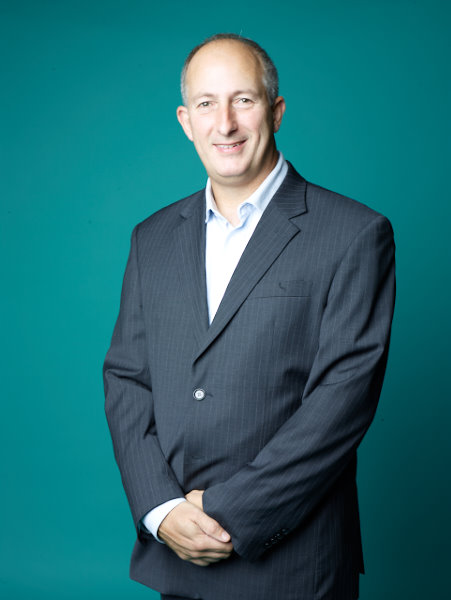Optus to trial 4G digital dividend spectrum with HTC, Samsung

Optus is preparing to launch its next phase of 4G, with the company securing trial licences to conduct tests of 4G data transfers over the 700MHz and 2.5GHz spectrum bands.

Optus won sections of the spectrum bands in 2013 as part of the digital dividend auction for a total of AU$649 million, but the 700MHz band is not due to become available to the telcos until the beginning of 2015, while the 2.5GHz band will be available from October.
The analog TV signal that once took up the digital dividend spectrum bands has been switched off, but the digital channels will need to be restacked in the spectrum band to accommodate the telcos that will use the bands for their 4G networks.
Optus is now going to gain access to both the 700MHz and the 2.5GHz spectrum bands in Sydney early for testing thanks to negotiations with the Australian Communications and Media Authority (ACMA), and TV broadcasters Nine Network and Network Ten. Optus' vice president of mobile engineering Andrew Smith told ZDNet that the broadcasters have agreed to make space.
"Ahead of the October date when the 2.5GHz becomes available to those who purchased it at the auction, to be able to access and transmit ahead of time, we need to engage with ACMA and the broadcasters who are the incumbent users in the band," he said.
"That's led to us to be able to secure a trial licence to do testing. We can get the testing done, and get a better understanding of the characteristics [of the network]."
Smith said that the trials will be conducted at Optus' Macquarie campus in north-west Sydney, along with a couple of other locations that the company will choose with its vendors. He said the tests involve seeing how the network operates in conjunction with Optus' other spectrum bands.
"It's coverage, how it interacts with the other bands stacked at the site, there are configuration tests. It's really to make sure the end-to-end ecosystem works," he said.
The vice president said Optus has yet to determine whether the 2.5GHz spectrum would be used as part of an LTE-A network that combines separate spectrum bands, as the company has done with its 2.3GHz spectrum.
Smith revealed to ZDNet that HTC and Samsung have both been brought on board to supply soon-to-be-released handsets to the company to test out the different spectrum bands.
"We obviously need to be working with the device guys to be able to at least have early handset models so we can undertake testing."
Late last week, Telstra announced that it had partnered with HTC to test out 700MHz for 4G in regional New South Wales.
Until the spectrum is released, Smith said that Optus would continue progressively rolling out its 4G network in the 1800MHz and 2.3GHz spectrum bands, with the network being made ready for when the company can use the new digital dividend spectrum.
"At the moment, we're preparing our sites to have the capability for those bands, but obviously, we can't have the electronics live until the licence areas are available, but we are pre-planning and pre-building when the opportunity arises," he said.
At the same time, Optus today announced that it had finished its program to upgrade 4,400 mobile towers across Australia with 3G operating in the 900MHz spectrum, in addition to the existing 2.1GHz spectrum. Smith said that the upgrades started in regional Australia and were completed in Wollongong, the Central Coast, and Canberra at the end of 2013.
Smith said that the upgrade to 3G in a lower spectrum band means Optus has improved in-building coverage in metro areas from 70 percent to 94 percent in two years.
Optus will also add another 100 new mobile sites, Smith said, and prioritise certain locations determined through the national teams talking with state teams within Optus. The teams will be looking at network issues, and where coverage needs to be expanded to accommodate changes in the population.
He said that Optus would not be waiting for the federal government's AU$100 million in promised funding for mobile blackspots to determine where it would build new towers.
"We continue to see a need to keep up with customer demand, and that never-ending drive for better service levels to take customer feedback on areas of perceived weakness in the network," he said.
"We haven't been sitting waiting for the blackspot program."